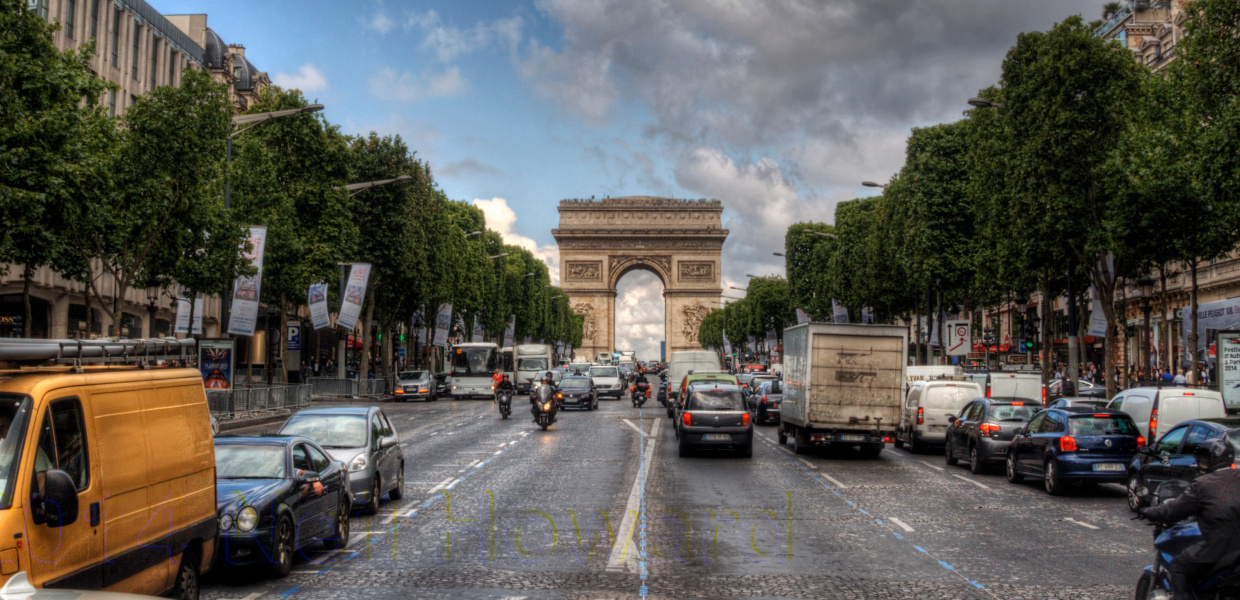In comparison to the EU as a whole, far fewer French people (36 per cent) belong to the political center (center left, center right). In the EU, 62 per cent on average place themselves in this category. "When there is a split between irreconcilable political camps, it can be crippling for politics and for society. What's important in a democracy is that we can work with each other, rather than against each other," commented Aart De Geus, Chairman of the Bertelsmann Stiftung. "It's not about who complains most loudly, but who can suggest the best solutions and get them working via consensus. "However, this can only work in a democracy when fundamental values such as the rule of law, tolerance and freedom of speech are respected. All parties should act accordingly, whether they are on the left or right," said De Geus.
Bonjour Tristesse: French pessimism about the future
When asked whether they are satisfied with their country and their own future, the picture is similar in both the EU and France. The closer those surveyed were to the political margins, the more dissatisfied they were. However, this dissatisfaction is more marked in France. Across the entire political spectrum, people's assessment of their own future, the economic situation or the state of their country was more negative in France than in the EU. This was most conspicuous on the issue of the state of their own country. While in France, not even one under five of those from the political center are satisfied with the current situation in their country (center left: 18 per cent, center right: 10 per cent), in the EU it is after all more than one under three (center left; 32 per cent, center right: 30 per cent).
Among supporters on the right, this pessimism is more pronounced. They responded more negatively to all questions than the centrist or leftist voters. Among groups of voters on the right, only 4 per cent are satisfied with the state of their country and only one in three (33 per cent) viewed the future optimistically. This means that they are the most dissatisfied group of voters. This dissatisfaction may partly be due to their economic situation: 70 per cent of voters on the political right in France have a negative view of their personal economic situation over the last two years. This is the highest score in comparison with the other voter groups (left: 64 per cent; center left: 57 per cent; center right: 56 per cent).
Euroscepticism embedded only in right parties
Answers on European politics shows that the EU is basically seen as positive and important. Across the entire political spectrum, the French consider that the EU should play a stronger international role. However, this is where consensus ends. While political centrists and those on the left voice support for remaining in the EU and the euro, on the right, the majority are against the EU: 58 per cent of them want to leave the euro and 63 per cent want to leave the EU completely.
According to Isabell Hoffmann, co-author of the study and European expert at Bertelsmann Stiftung, these figures are remarkable in light of the French election campaign: "Taking an anti-EU position in election campaigns is risky. That is evident from this election too. Initially, politicians can draw plenty of attention to themselves with this position, but then if they are too radical, they can end up scaring off more voters than they win over. That has been the lesson from the last elections in Austria and the Netherlands," she noted. Many people are dissatisfied with day-to-day EU politics. But it would be a mistake to think that the majority want to leave the EU."
Background
"eupinions" is the Bertelsmann Stiftung's public opinion research instrument, developed in cooperation with Dalia Research. Citizens of all 28 EU member states are regularly surveyed about European issues. For the current edition, 11,021 people were surveyed across the EU. The results given in the study are representative both for the EU as a whole and for France.
